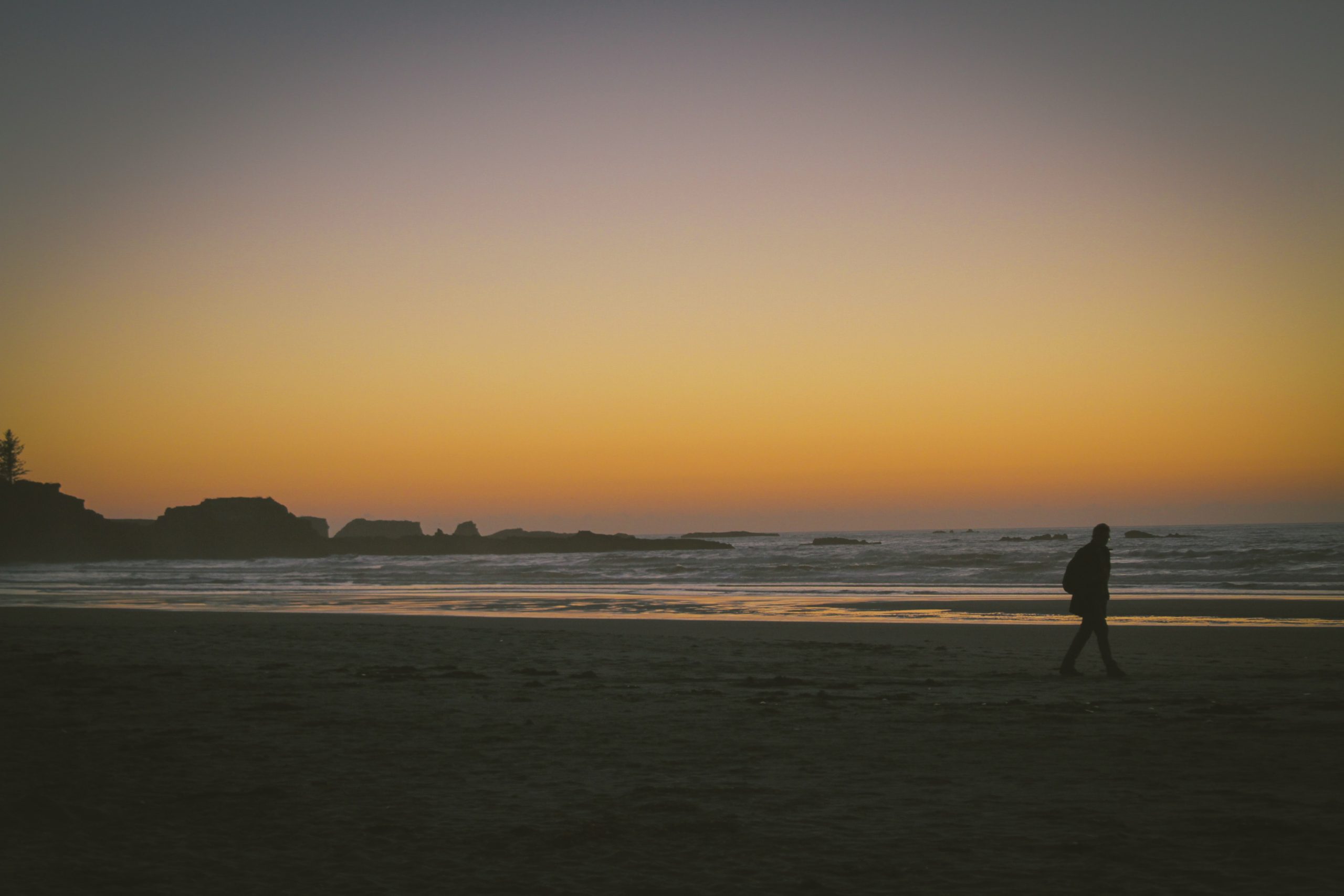Fear can be an incredibly beneficial emotion. It can show us where we’re vulnerable, where we can grow and what we are unwilling to feel. Overcoming fear can also give us a great sense of relief and hope for tackling problems in the future.
Whether we look at figures on the news or within our close circle of friends, we notice a disparity in how people deal with fear, or perhaps more obviously, how fear affects their decision making. While genetic and parental differences are certainly a factor in this, dealing with fear is very much a practice and a skill. We can see this in how easily people bounce back from failure or rejection and how likely they are to take on complex new problems.
People who run the opposite direction of fear tend towards mundane lives without real challenge, excitement or creative difficulty. On the other hand, people who move toward and embrace fear tend to have lower relative stress and handle unexpected events much more easily.
Rehearsing fear doesn’t need to happen all at once; it can begin with a small action each day, planned or spontaneous. What matters is that the feeling of fear is becoming more familiar, and thus, more comfortable.
The ones who succeed are those who dive in without hesitation, who go first, who don’t second-guess their decisions until a result can be seen. Most importantly to remember, it isn’t their lack of fear but what they do with their fear.
“The hero and the coward both feel the same thing, but the hero uses his fear, projects it onto his opponent, while the coward runs. It’s the same thing, fear, but it’s what you do with it that matters.”
— Cus D’Amato

